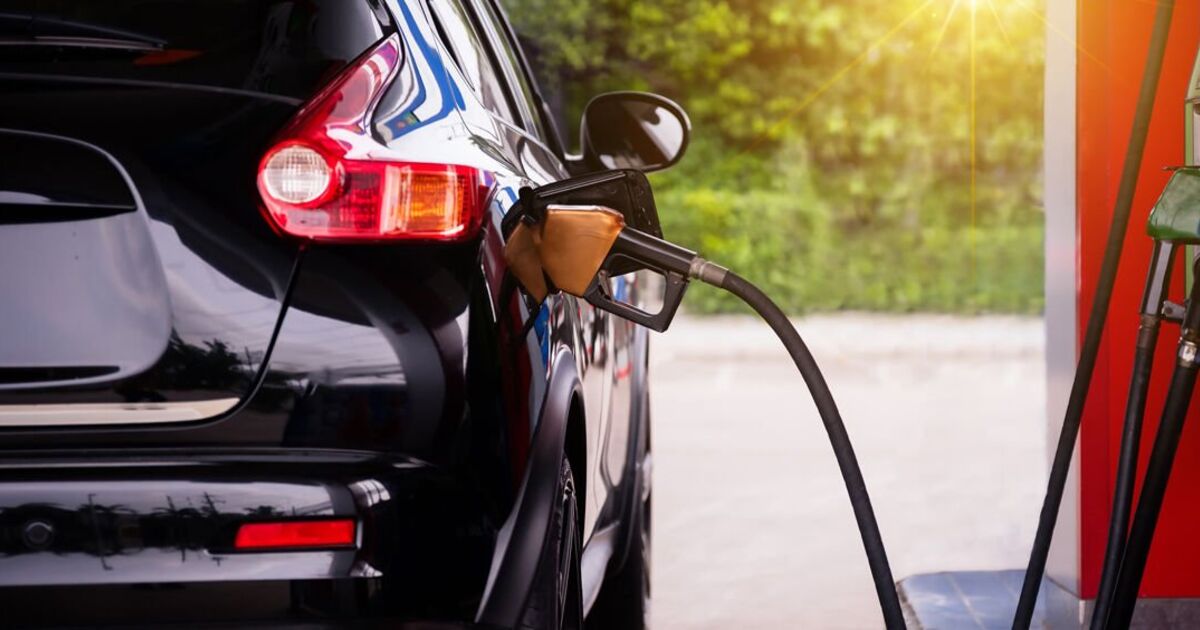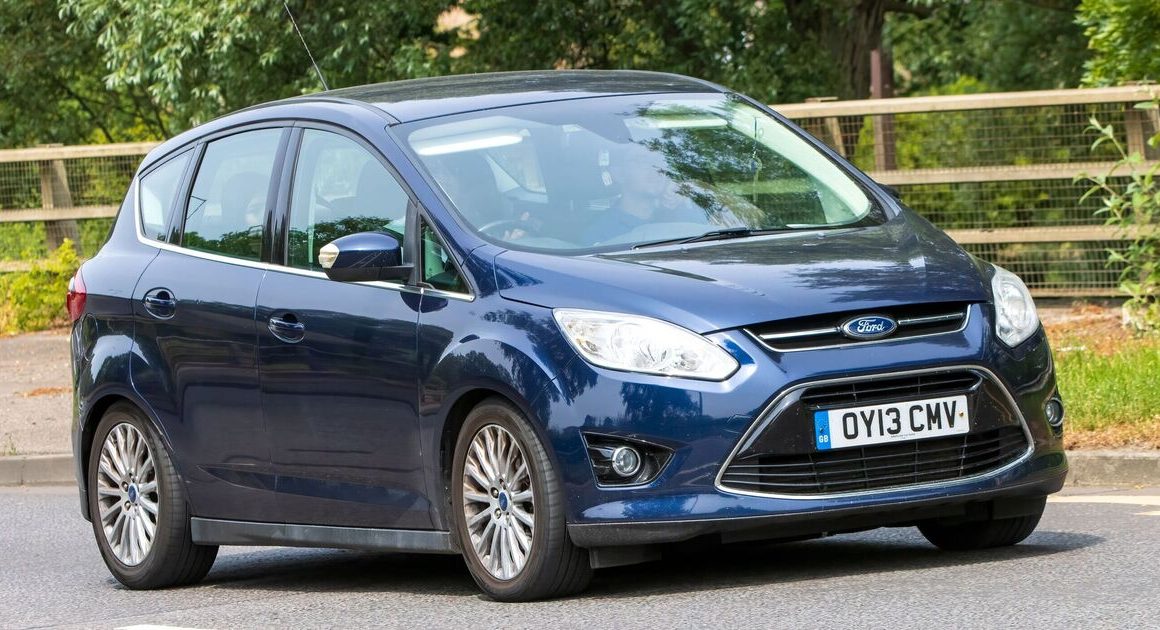New technology could help petrol and diesel owners improve their fuel efficiency, according to a leading motoring expert.
Vehicles fitted with full data tracking could “automatically” determine the best routes and speeds to save fuel helping drivers keep costs down.
Software of the future could even update based on “real-time traffic” ensuring motorists are never caught out in heavy traffic on the way home.
Avoiding stop/start traffic and heavy idling is likely to have a major impact on fuel saving, helping motorists save on their costs.
Meanwhile, travelling on certain routes with less undulation may be better for consumption even if the journey is longer.
Automotive specialist Crystal Voogd, spokesperson for 5 Star Car Title Loans, has stressed the technology is not yet available.
But, Crystal is determined technology capable of these services will be a major part of “future cars” across Britain’s roads soon.
She said: “Future cars will be supercomputers. Imagine cars with full 5G capabilities, able to update navigation based on real-time traffic conditions automatically.
“Cars that will suggest or automatically go a certain speed to get the best fuel efficiency. Cars that will predict where you want to go at what times based on your habits.
“Cars that will automatically connect to the rest of your smart devices and share information.
Google explained: “Maps will always highlight the most efficient one, as long as there are multiple routes to your destination.
“If this feature is turned off, you’ll get the fastest route and Google Maps won’t factor in fuel or energy efficiency for route recommendations.
“However, based on your engine type, it’ll highlight the most fuel- or energy-efficient route among alternatives with a green leaf.”
It comes as fuel costs continue to be an issue for motorists with prices still high despite a slight drop in May.
Unleaded petrol and diesel costs have jumped by around 10p per litre since the start of 2024 but RAC Fuel Watch data claims fees would likely soon fall.











